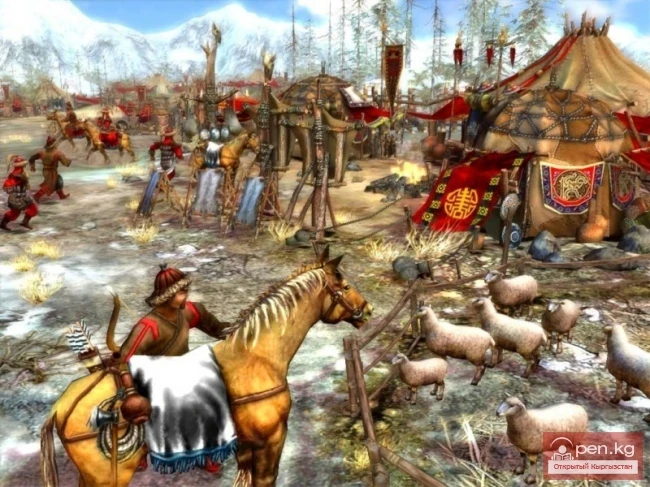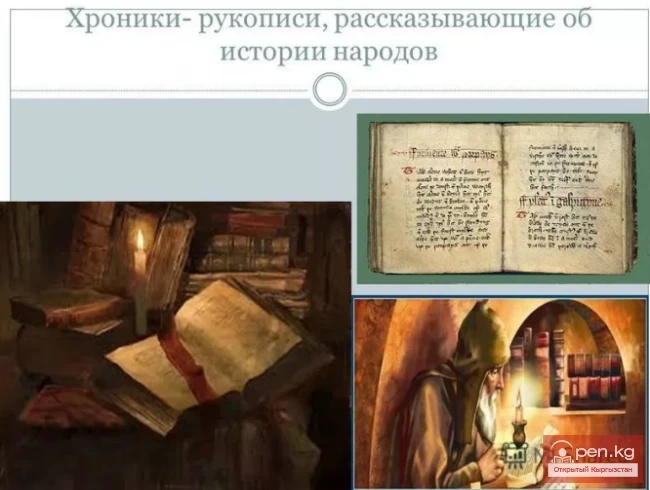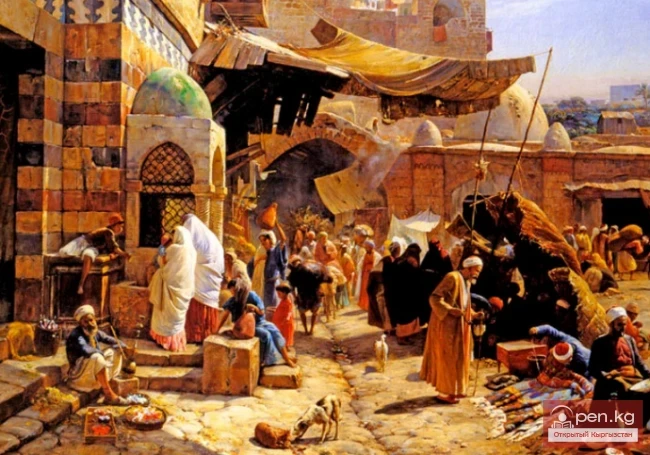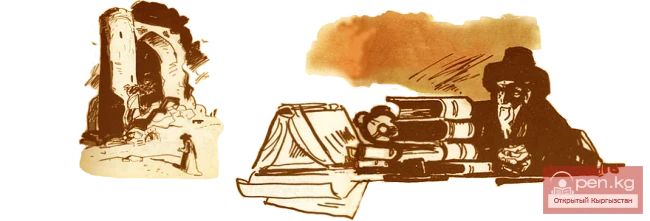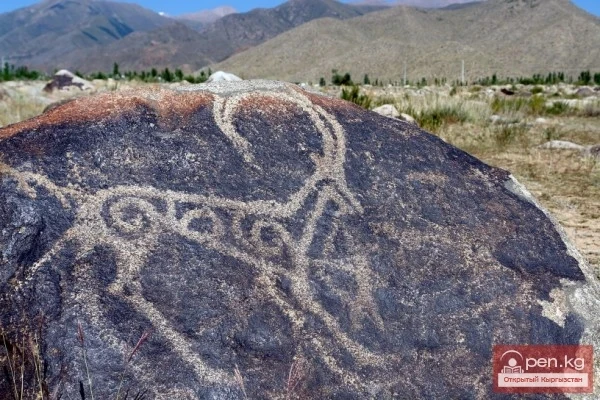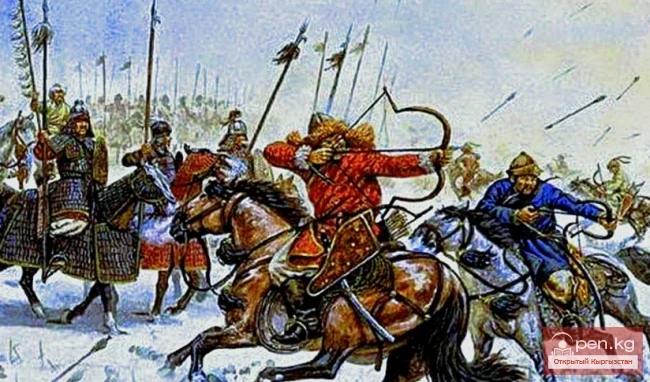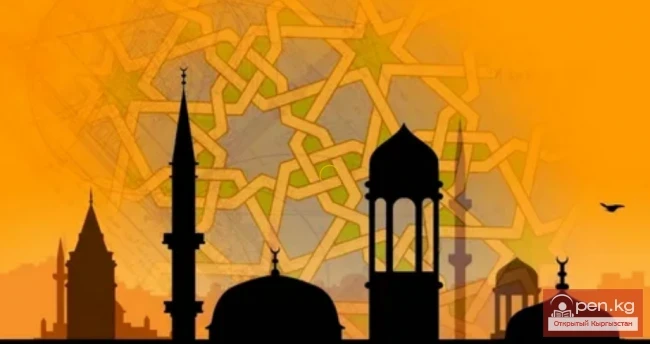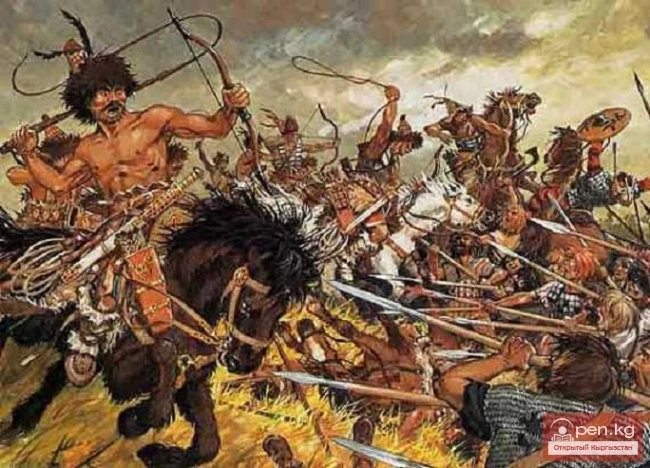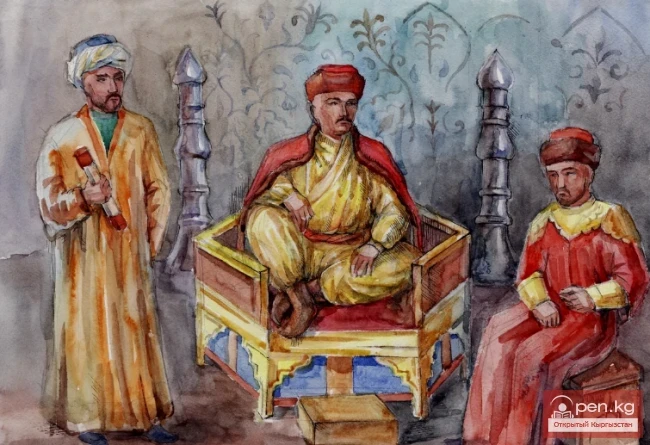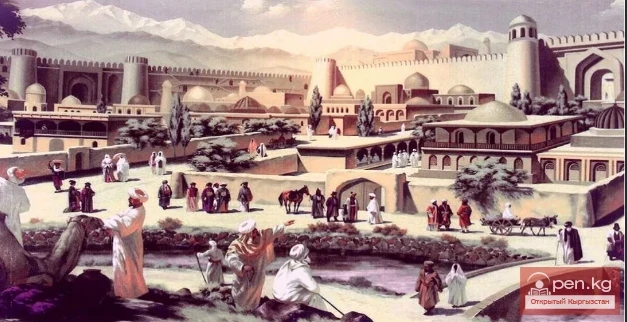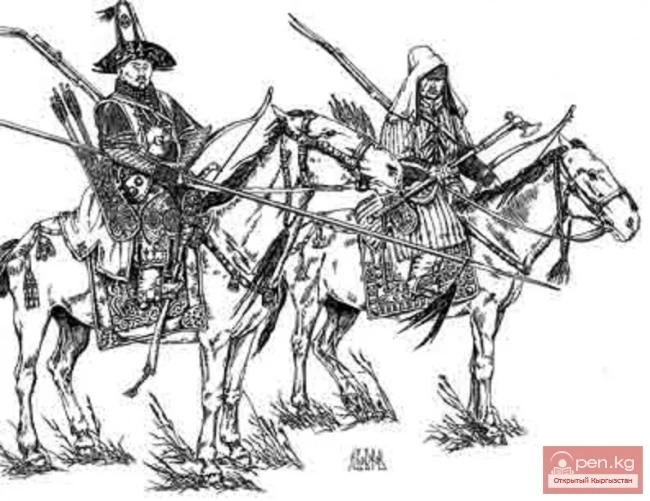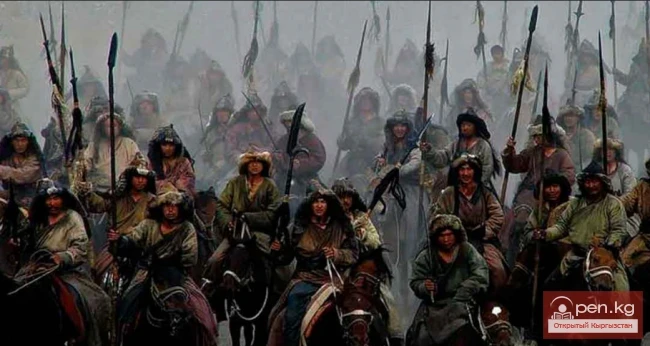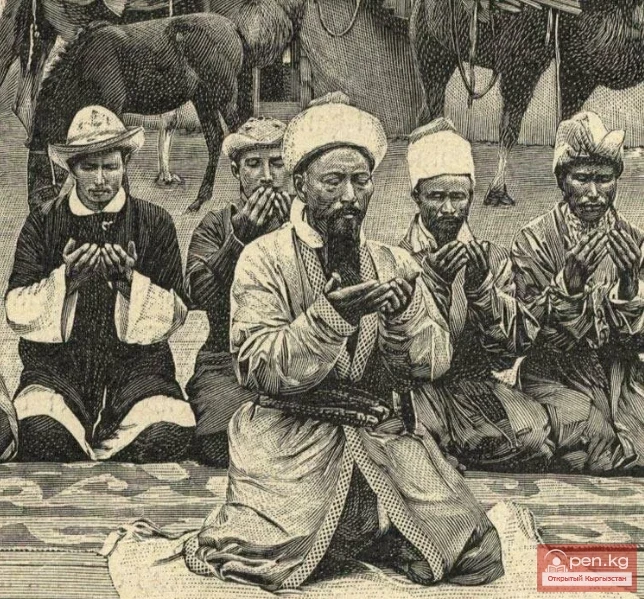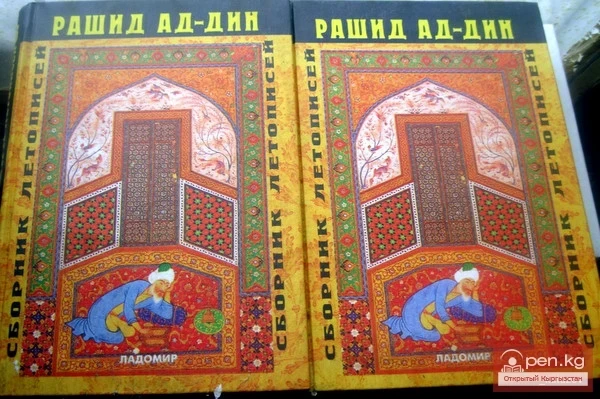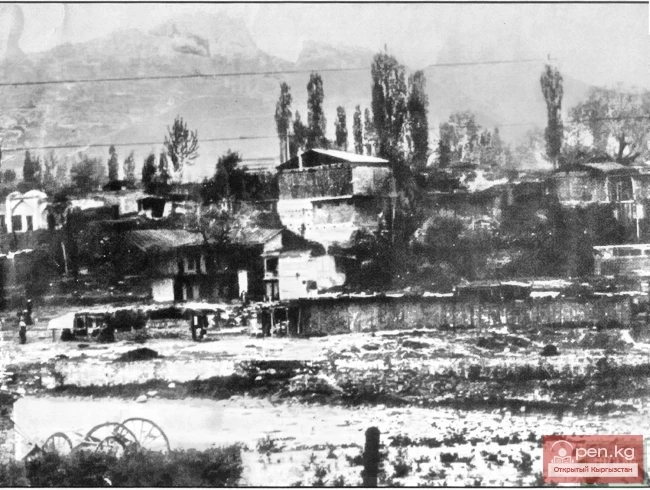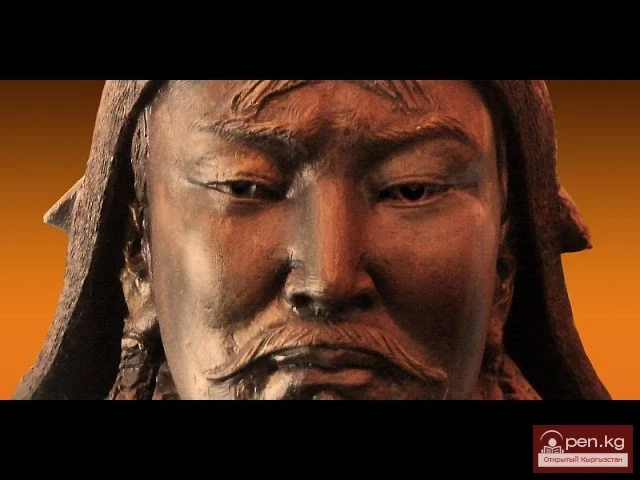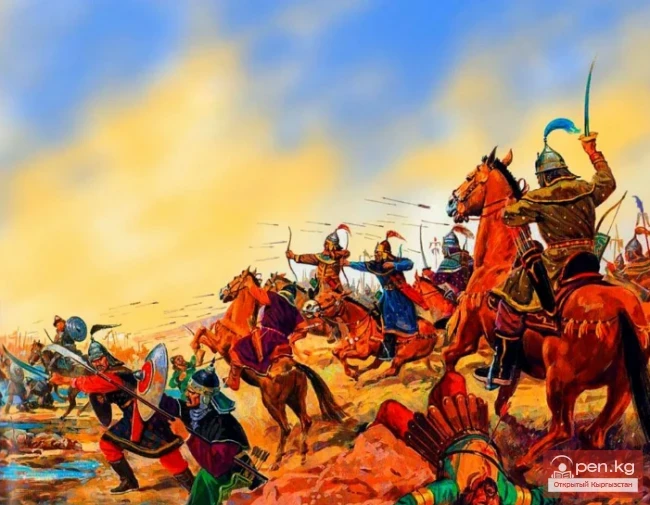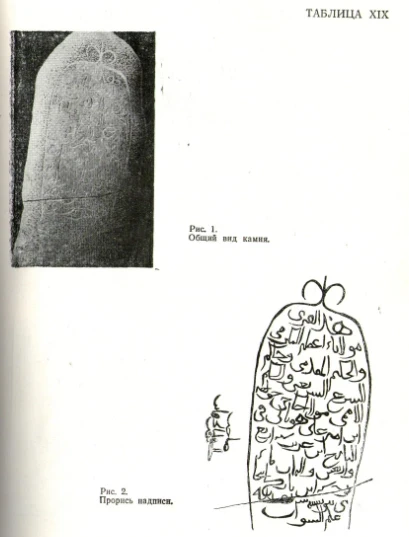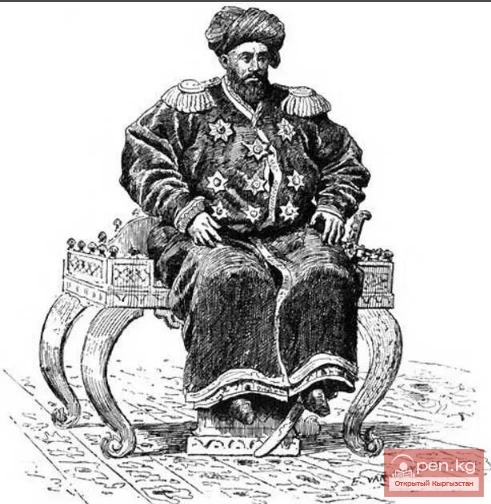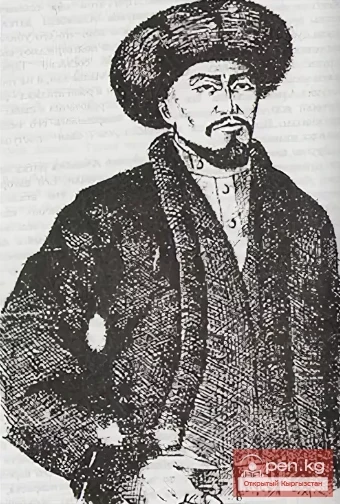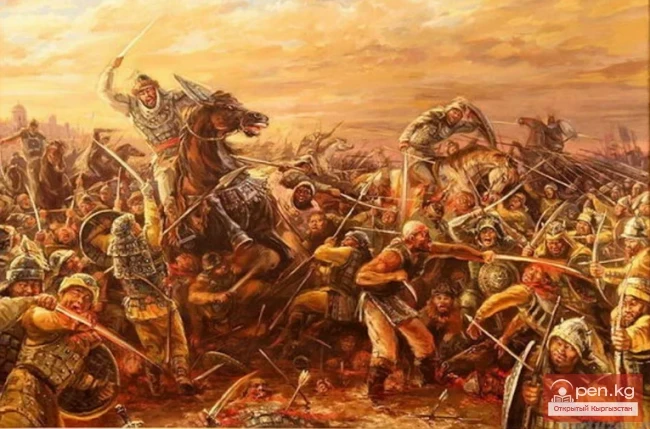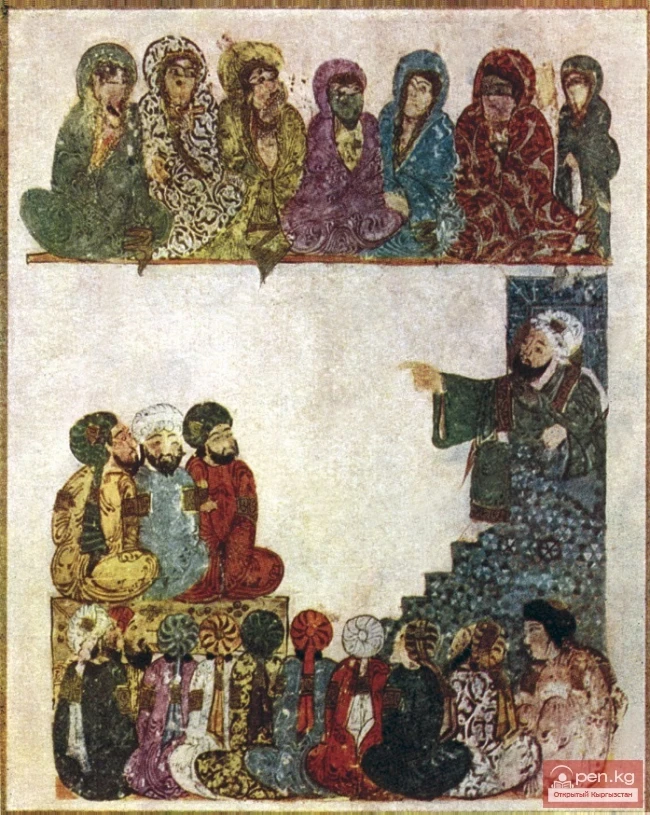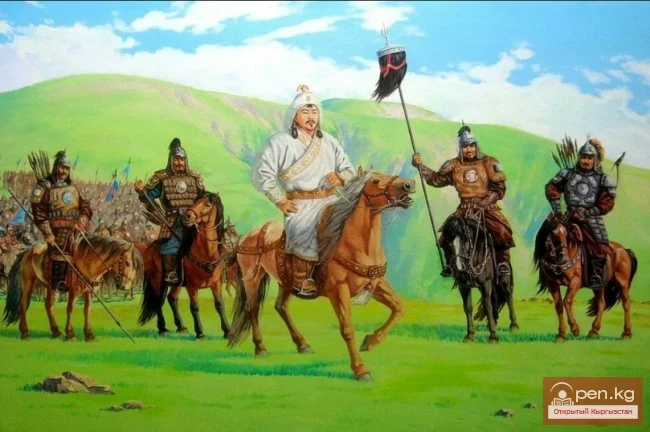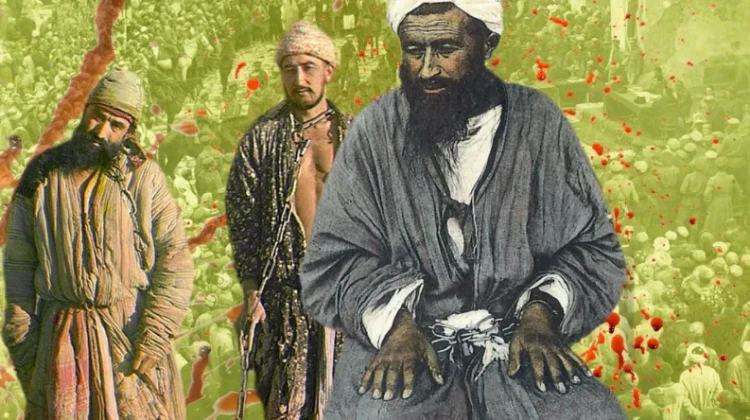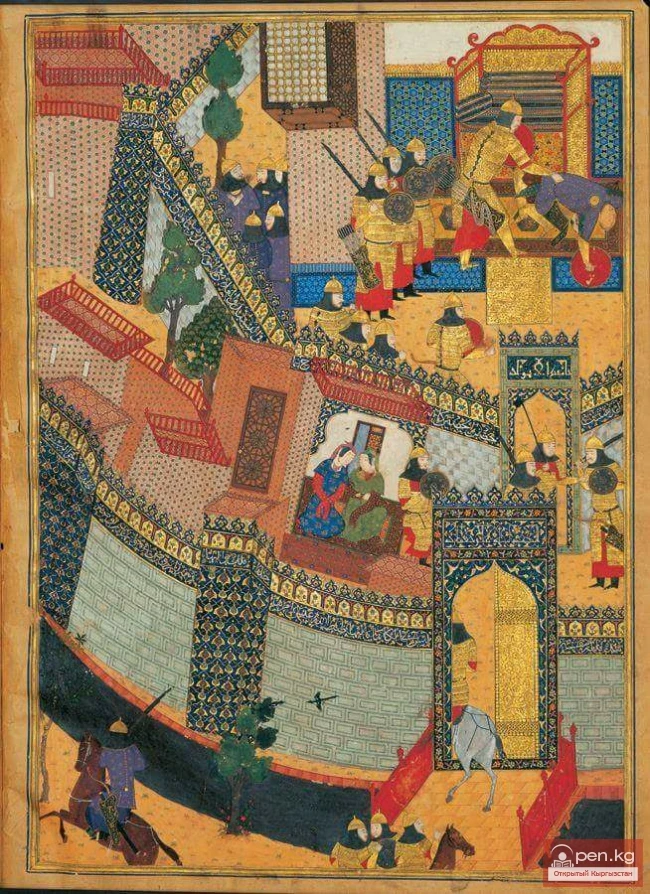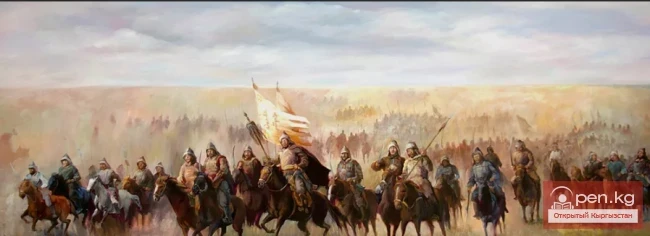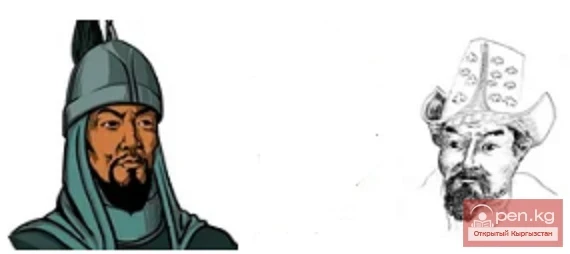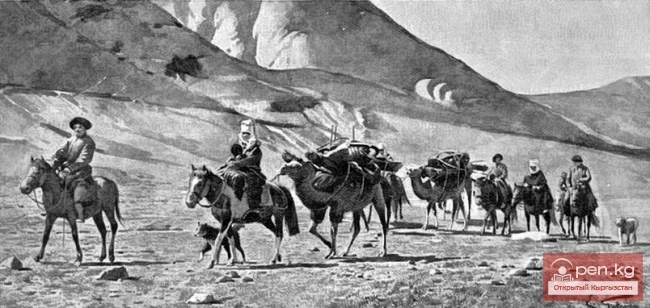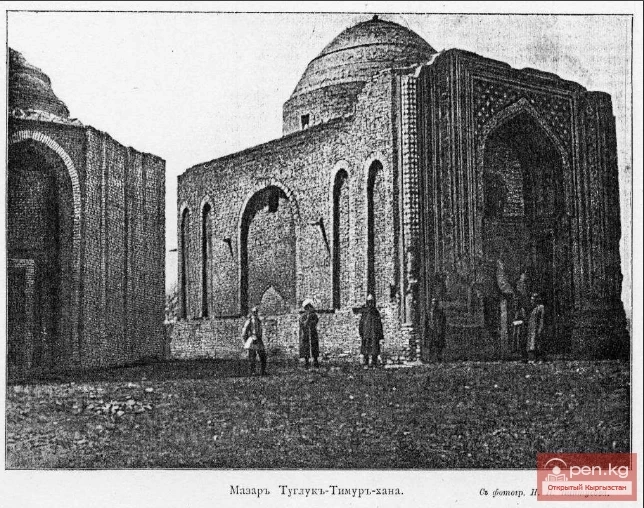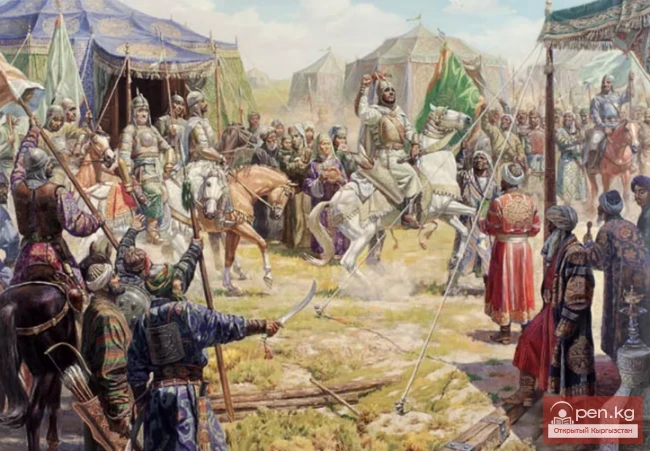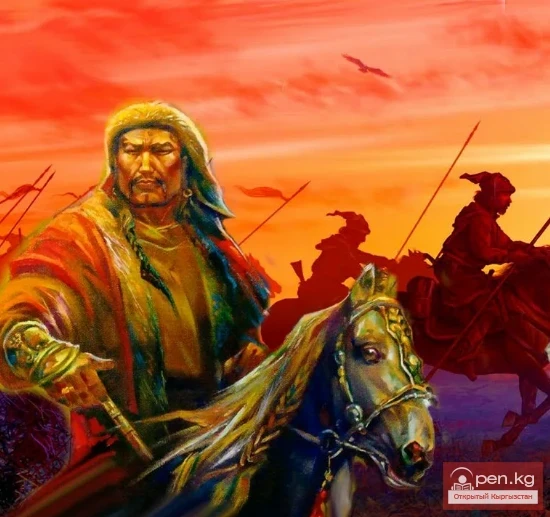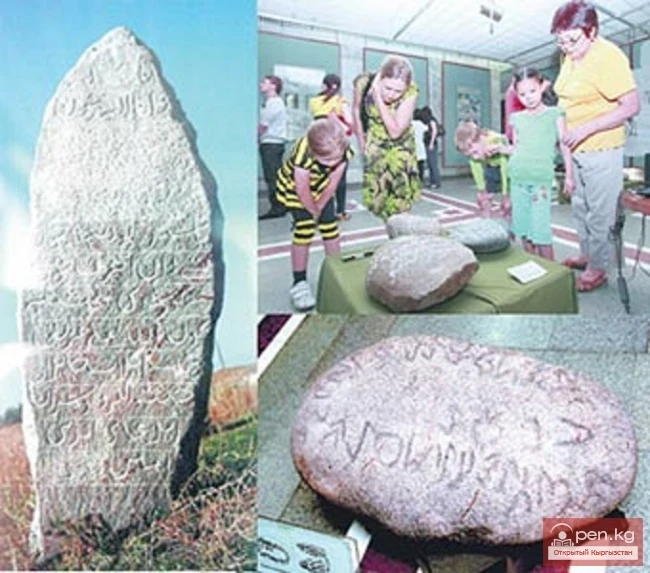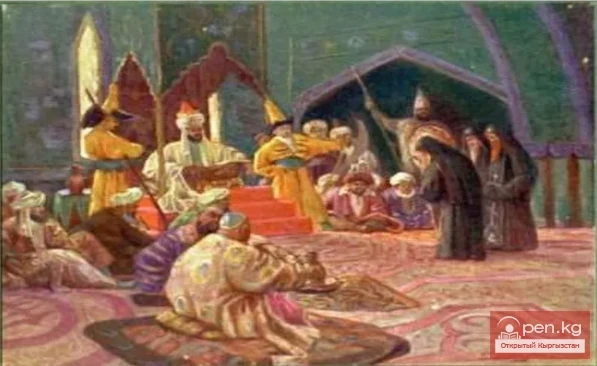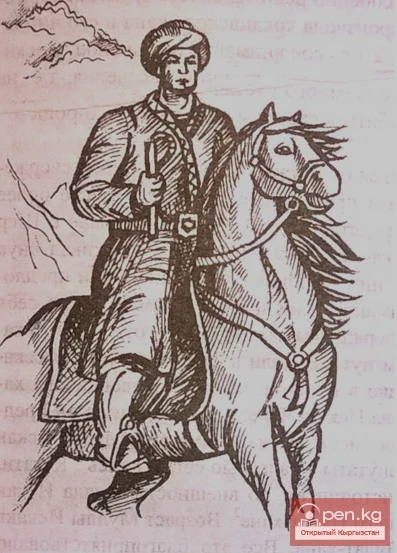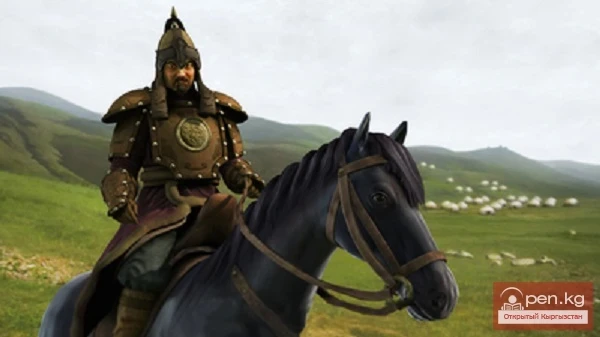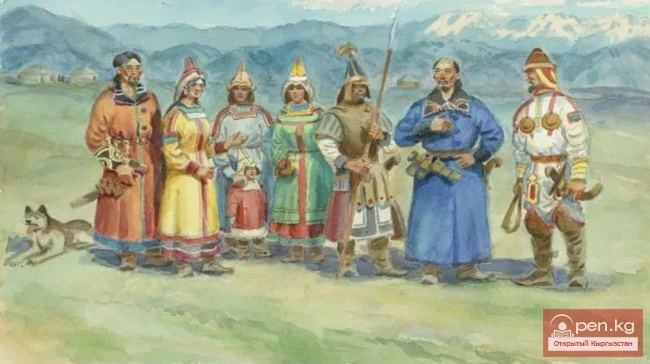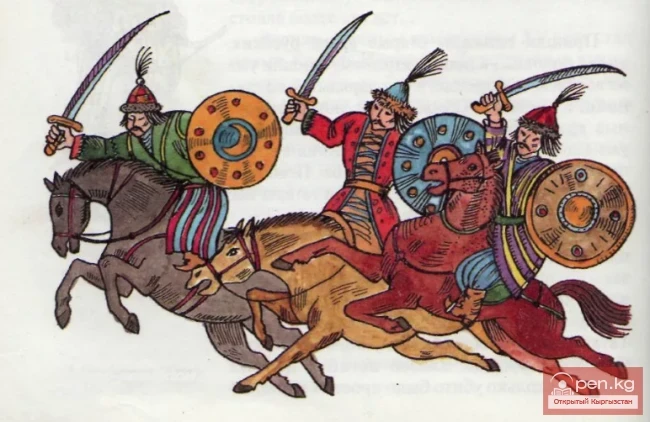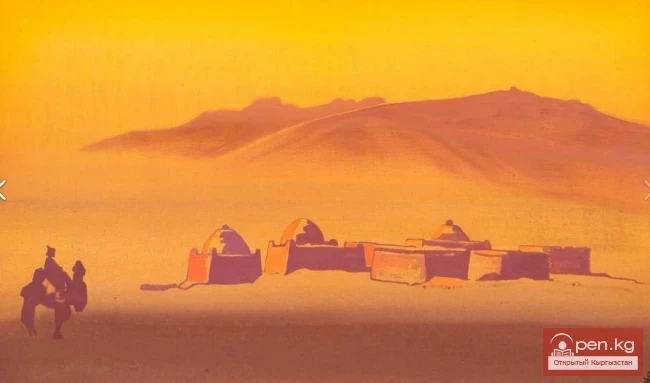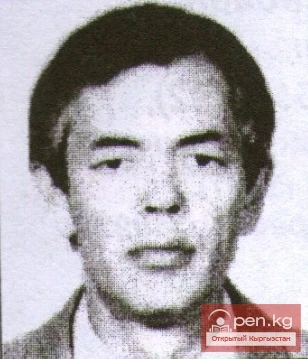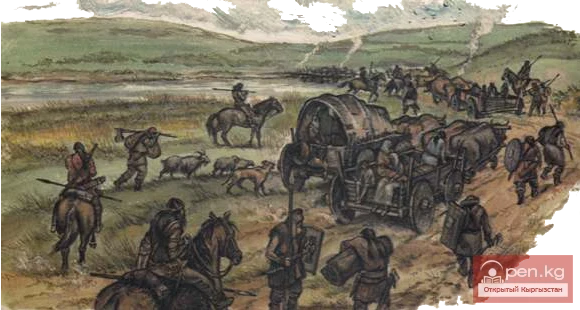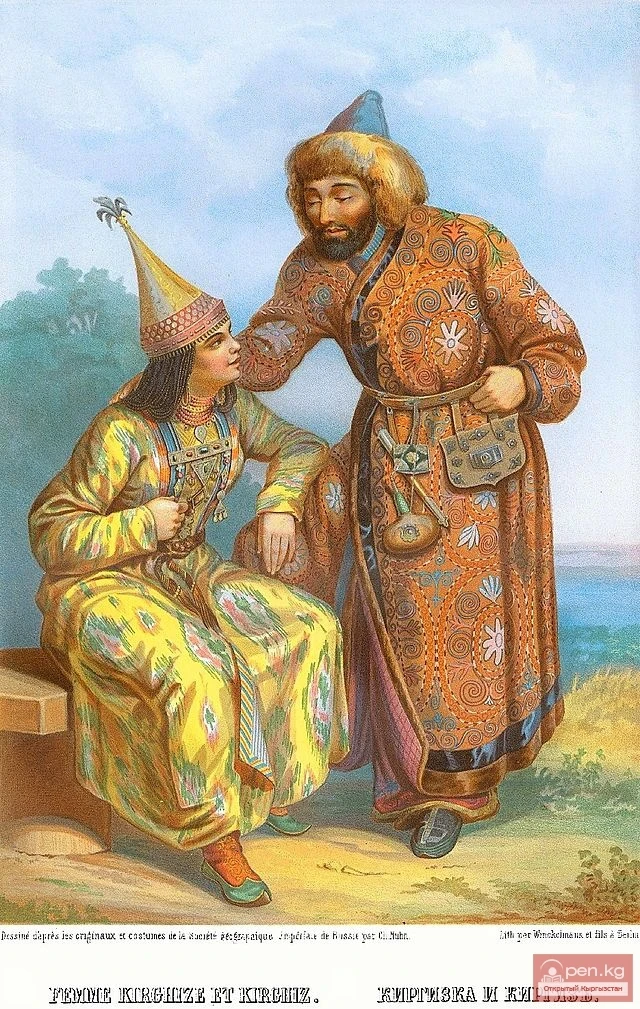
In this anonymous work from the 17th century, the spread of the Islamic religion among the Kyrgyz and Kalmyks is discussed. Translation from Persian by N. Vorozheikina.
Text: And after this, His Excellency deigned to say: “In the name of serving Muslims, I have dedicated myself to this cause, and thanks to the sanctity of the souls of their best great khodjas — may mercy and blessings be upon them! — I have brought several thousand Kyrgyz and Kalmyks into the light of faith, (liberating them) from the oppression of ignorance and debauchery. And how many Muslims I have saved from those who, by the will of evil fate, fell into the hands of the Kalmyks and were already bidding farewell to life! It was then that I traveled through the regions of Aksu, Kashgar, Kucha, and Hotan, guiding people onto the right path.”
“Rafiq at-Talibin” (“Friend of Those Seeking the Truth”)
A certain Abu Mansur translated the Persian work “Anis at-Talibin” by Shah-Mansur Churasa into the Uyghur language and named it “Rafiq at-Talibin,” in which the spread of the Islamic religion among the Kyrgyz of Alai is reported. Translation from the Uyghur language by M. A. Salahutdinova.
Text: In the lands of Saryg-Yazy and Alai (p. 194), he lived for no more than three years. Some Kyrgyz and emirs became sincere friends and followers (of Khodja Ishak), while others did not acknowledge (him). Once, the Kyrgyz emirs, (who) had become sincere friends and followers (of Khodja Ishak), gathered in a large crowd. One of the Kyrgyz emirs and military leaders did not acknowledge His Excellency. The secret (of this man's thoughts) was revealed to His Excellency the pious. As soon as he (Khodja Ishak) laid his blessed hand on this man's neck, this man, losing his will, fell down, (then) overwhelmed with strong emotion, crying and groaning, he rose up and, along with all those who did not acknowledge (Khodja Ishak), became a sincere (his) friend and murid. Kyrgyz from all tribes finally joined the ranks of the murids (of Khodja Ishak).
